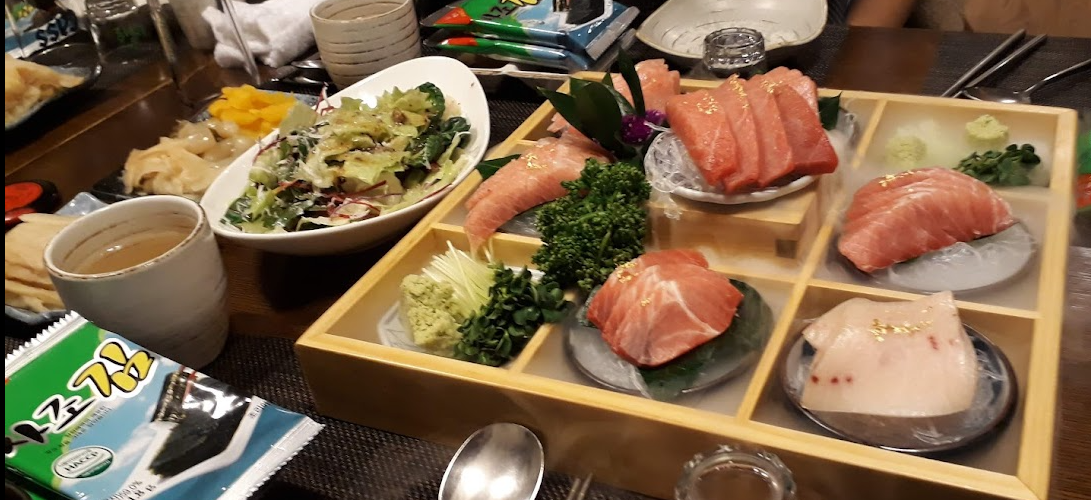Navigating Korean Business Culture: Positions, Working Hours, and the Hweshik Tradition
Understanding the nuances of company roles, work hours, and team-bonding customs is key for newcomers to the Korean business culture. Unlike Western business environments, where titles may loosely guide interactions, Korea has a deeply rooted hierarchy with clear expectations about roles and responsibilities.
Positions and Titles in Korean Companies
Korean companies have a well-defined structure for positions, especially at junior levels. While titles may vary slightly between organisations, there are standard levels and titles:
Junior Positions:
- 신입사원 (Shinip Sawon) – Often fresh graduates or new employees starting their career.
- 사원 (Sawon) – Considered regular staff, this role often involves assisting with various duties.
- 주임 (JooIm) and 대리 (DaeRi) – Both translate as Assistant Manager. JooIm often being lower.
- 과장 (KwaJang) – Managers who begin taking on more responsibility.
- 차장 (ChaJang) – Senior Managers who oversee junior managers and are consulted decision makers.
- 부장 (BooJang) – Head Managers who lead departments or larger teams. Key decision-makers.
- 팀장 (Team Jang) and 실장 (ShilJang) – Team and Department Heads
Senior (Executive) Positions: At the executive level, Korean companies tend to have a few, critical roles:
- 이사 (EeSsa) – Director
- 상무 (SangMoo) – Vice President
- 전무 (JeonMoo) – Executive Vice President
- 사장 (SaJang) – President
- 회장 (HuiJang) – Chairman
An easy way to address colleagues is by appending ‘nim’ (님) after their title, showing respect. For example, a manager called Mr. Kim could be addressed as ‘Kim DaeRi Nim’ if his title is DaeRi. This subtle gesture of respect is appreciated in Korean business culture, where formality is a cornerstone of professional interactions.
Working Hours: The Reality vs. the Rules
Korean working hours are among the longest in the OECD, and even though the government introduced the 52-hour workweek limit in 2018, the culture of long hours has not entirely shifted. Officially, employees are expected to work no more than 40 hours weekly, with a cap of 52 hours, including overtime. However, some companies, especially smaller ones, are not legally bound by these limits.
In practice, it’s not uncommon for employees to stay at the office until the boss leaves, sometimes stretching the workday into late hours. This phenomenon, known as ‘obligation to stay,’ persists in certain corporate cultures, though it is less prevalent than in the past. Unfortunately, supervisors sometimes exploit this for reasons known only to them by scheduling late meetings, which can occasionally extend well into the evening.
For urgent tasks or upcoming high-stakes meetings, 야간 (Ya’gan), or ‘night work’, often becomes the norm. Not compensated as overtime, these after-hours sessions frequently extend into the small hours, leaving employees with a long commute home. While this commitment can build camaraderie, it also contributes to the high levels of workplace stress seen in some Korean companies.
Hweshik (회식): More Than Just a Team Dinner
One of the most distinctive aspects of Korean work culture is the Hweshik (회식), or company dinner. This is far from a casual team meal; Hweshik is a formalised event that serves as a unique way to build team spirit, celebrate milestones, and strengthen bonds.
The word Hweshik combines ‘hwe’ (gathering) and ‘shik’ (meal) and typically includes rounds of food, soju, and, of course, multiple toasts. From an outsider’s perspective, Hweshik can seem like a social event, but it’s actually a structured opportunity to connect with colleagues and demonstrate team unity. I have seen new employees noticeably ignored, until after the welcome hwe-shik. When I asked my colleagues about it, they said – we don’t trust them yet. (They added rather dryly “they might be a spy”)
But after a meal and a few glasses of Soju, trust is established.
Occasions for Hweshik can vary:
- Welcome gatherings for new employees, which are almost essential for integrating new members into the team.
- Farewell Hweshiks for departing colleagues.
- Celebrations for team achievements or the completion of significant projects.
- Routine monthly dinners, marking milestones such as birthdays or company anniversaries.
At a Hweshik, team members are expected to participate actively. This means mingling, sharing a communal glass of soju, and pouring drinks for others as a gesture of camaraderie and respect. Each drink and toast at a Hweshik is a bonding moment. Being asked to participate is often seen as a privilege rather than a burden, and although the event is technically ‘optional,’ skipping it without good reason could lead to misunderstandings.
In many cases, a small portion of employees’ salaries is put towards covering Hweshik expenses. This monthly deduction means everyone is invested in making these gatherings enjoyable and meaningful.
Embracing Korean Business Culture
Adjusting to Korean work culture can be challenging for foreigners, but understanding these systems and traditions will help you blend in and earn respect from your colleagues. Embrace the structure of titles, be aware of the unspoken expectations around working hours, and, when invited to a Hweshik, see it as an opportunity to strengthen your network and deepen your ties within the company.
A final tip: stay open, sociable, and, most importantly, try to enjoy the experience. Participating with enthusiasm will go a long way in building a successful and fulfilling career in Korea.

